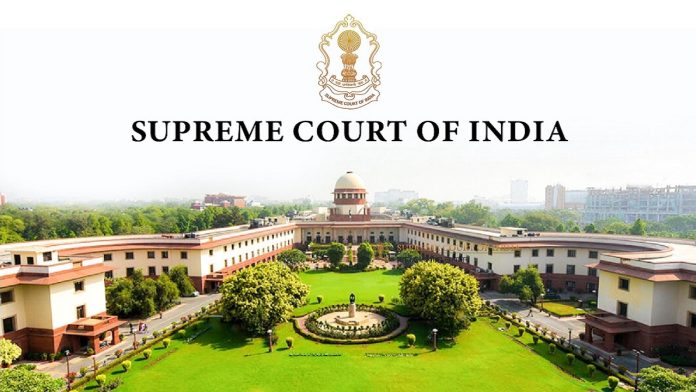New Delhi: The Supreme Court of India has quashed criminal proceedings against Krishna Chandra in an adultery case, reaffirming its 2019 judgment that declared Section 497 of the Indian Penal Code (IPC) unconstitutional. A bench of Justices C.T. Ravikumar and Sanjay Karol overruled the Allahabad High Court’s refusal to quash the proceedings, stating that accusations under the invalidated Section 497 lack legal foundation.
The court reiterated that adultery is no longer a criminal offence, although it remains a valid ground for divorce under civil law. Citing the Joseph Shine v. Union of India judgment, the SC bench observed that criminalising adultery violates the constitutional principles of gender equality and personal liberty. Referring to State of Haryana v. Bhajan Lal (1992), it emphasised the judiciary’s power to quash proceedings when allegations do not constitute an offence.
“Adultery is a moral wrong, not a crime,” the court observed, highlighting the distinction between personal and criminal domains in marital matters.
From an Islamic perspective, adultery is regarded as a grave moral transgression and a violation of the sanctity of marriage. In Islam, adultery (called zina, involving unlawful sexual relations outside of marriage) is considered a major sin and carries very strict punishment. However, Islam sets extremely stringent conditions to enforce the punishment for adultery, emphasising justice and ensuring the protection of individuals from false accusations.




